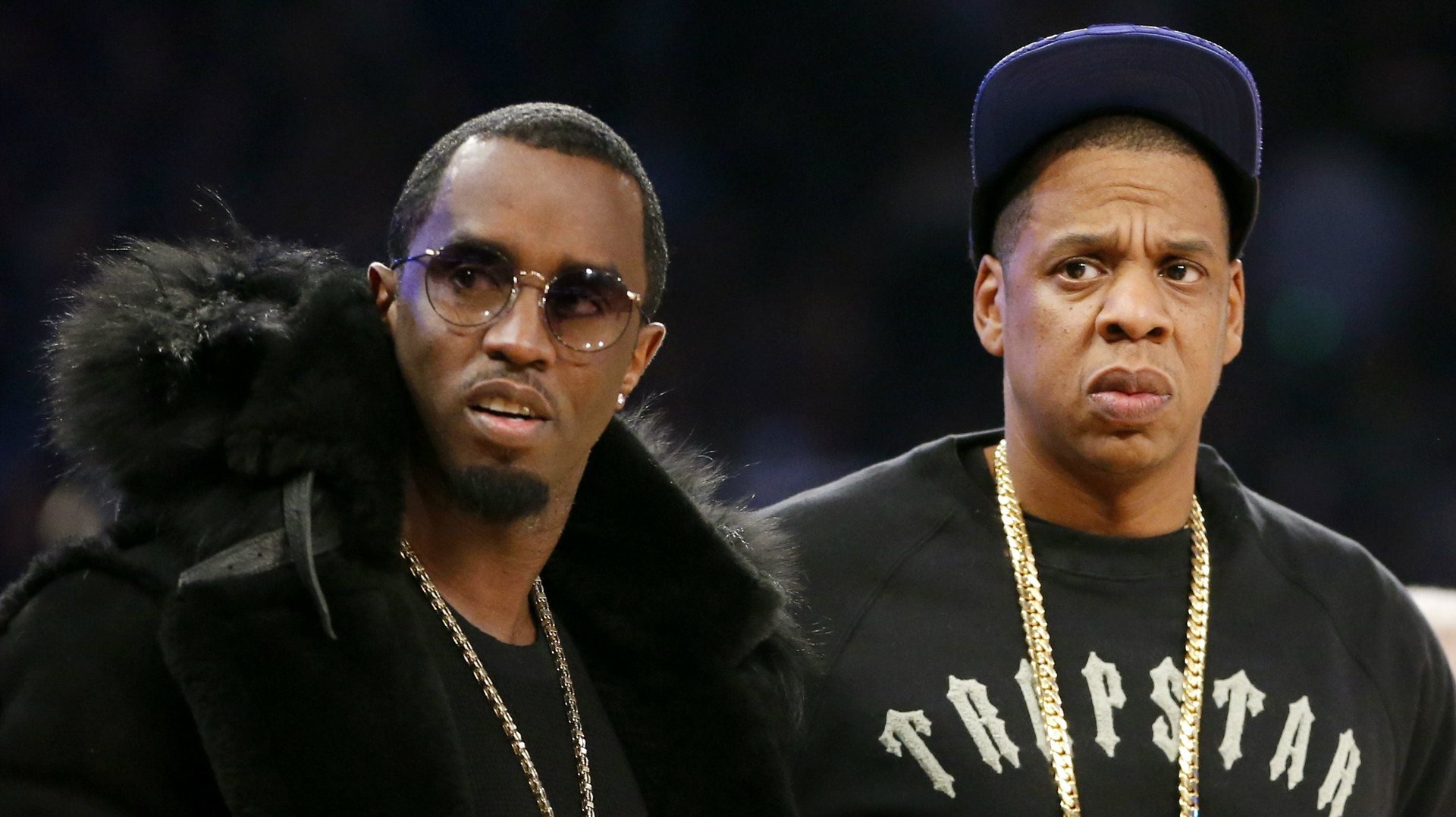The tide has already turned against Jay-Z’s expensive streaming music service
In case you missed it, Shawn Carter, aka Jay Z, the multi-millionaire rapper and entrepreneur who recently bought streaming music service Tidal for $56 million, unleashed an entertaining rant over the weekend on social media.


In case you missed it, Shawn Carter, aka Jay Z, the multi-millionaire rapper and entrepreneur who recently bought streaming music service Tidal for $56 million, unleashed an entertaining rant over the weekend on social media.
Carter took to Twitter to defend Tidal, which was engulfed in a wave of negative publicity last week, barely a month after a high-profile re-launch involving the rapper and many of his celebrity friends. Over the past few weeks, Tidal has shed jobs, including that of its former CEO, and plummeted in the rankings in Apple’s app store, to languish behind less heralded rivals in the music category like Rdio. At the same time, existing streaming music apps like Spotify and Pandora had actually experienced a spike in interest.
Jay Z alleged in his tweetstorm that Tidal had been the victim of a dirty tricks campaign waged by its rivals. Which raises the tantalizing question: Who could be behind this?
Spotify, the biggest on-demand streaming service in the world at the moment, hasn’t, to our knowledge, commented publicly yet about its new rival. “That’s definitely not our style,” a spokesperson told Quartz via email about suggestions it might have smeared Tidal. The other possibility is Apple, which is expected to relaunch the Beats streaming music service it acquired last year in coming months.
Last week, the New York Post reported that Apple “deliberately took a long time to approve Tidal iOS app updates,” and had been pressuring artists such as Rihanna against putting exclusive music on the service. Apple declined to comment. But it’s worth noting that Tidal hasn’t been doing all that well on Android devices (registration required) either, so the idea that the Apple is to blame for its apparent woes seems a bit far fetched.
Carter’s disclosure about users in the tweet above (one of 16 tweets in the tweetstorm) actually suggests Tidal is doing just fine. According to reports at the time of the acquisition, the service only had around 35,000 subscribers. It’s not clear whether the big jump since then to 770,000 includes people on one-month free trials, which could mean a big decline is coming if those people don’t decide to pay up (representatives from Tidal and Roc Nation, Jay Z’s private company, have been contacted for clarification).
By comparison, it took Spotify more than 2 years to hit one million subscribers and other services were even slower than that. Comparing subscriber bases in streaming music is difficult, since the likes of privately held Rdio and Apple haven’t disclosed theirs. Still, it’s safe to say that a subscriber base approaching 800,000 is respectable.

It seems Jay Z was caught off guard by the negative response to the Tidal relaunch. To his audience, Jay Z sounded more like a rich, entitled musician complaining about not making enough money.
Now he’s attempting something far more difficult: to position the service as the artist-led underdog battling against giant corporations.